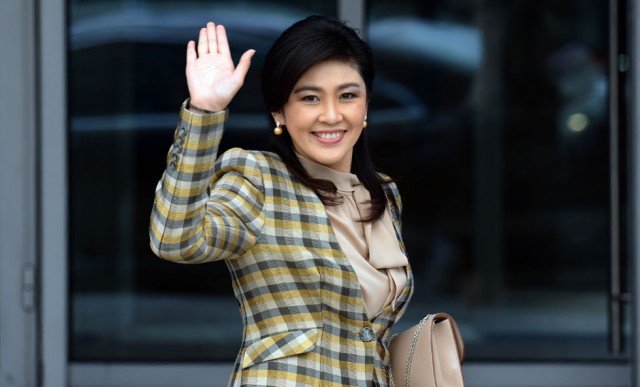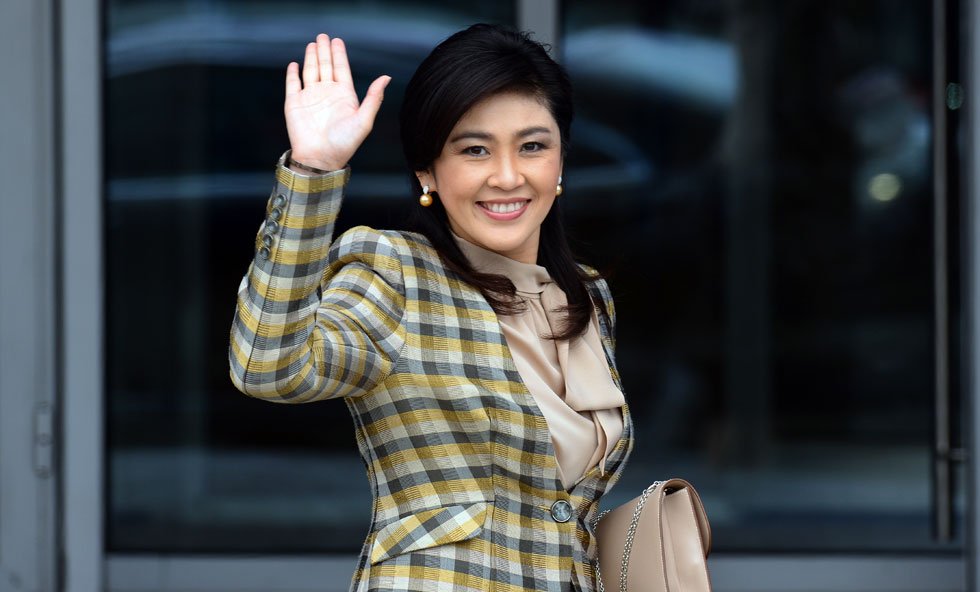Thailand’s ex-PM Yingluck Shinawatra has been impeached and banned from politics for five years following legislators vote.
The move relates to Yingluck Shinawatra involvement in a controversial rice subsidy scheme.
Earlier on Friday, the attorney general also announced that Yingluck Shinawatra would face a criminal charge over her role in the scheme.
A court removed Yingluck Shinawatra as prime minister in May 2014, days before the military ousted her government in a coup.
On Janaury 23, 190 out of 219 lawmakers present in the military-appointed National Legislative Assembly (NLA) voted to impeach her. Eighteen voted against impeachment while the others abstained. One lawmaker was absent for the vote.
The votes were written on a whiteboard as they were tallied, and broadcast on national television.
Yingluck Shinawatra and her brother, tycoon and former prime minister Thaksin Shinawatra, remain hugely popular among Thailand’s rural poor, but are hated by an urban and middle-class elite who accuse them of corruption and abuse of power.
Their party is the most popular in Thailand and has – under various different names – won every election since 2001.
The allegations against Yingluck Shinawatra centre around a scheme in which her Pheu Thai-led government bought rice from Thai farmers at a much higher price than on the global market.
It resulted in the accumulation of huge stockpiles of rice and hit Thailand’s rice exports hard.
Anti-corruption investigators have accused Yingluck Shinawatra and her party of using the scheme to buy votes from farmers, particularly from their power base in the north, and allowing government associates to profit from it.
Yingluck Shinawatra has maintained that she was not involved in the scheme’s day-to-day operations, and has defended it as an attempt to support the rural poor. She has also said that she could not be impeached as she has not held a position in the government for months.
Her supporters say the claims against her are a ruse to remove her from politics.
Yingluck Shinawatra also faces up to ten years in prison if she is found guilty of negligence of duty, which the attorney general charged her with on Friday morning.
Surasak Threerattrakul, director-general of the Office of the Attorney General, said after considering all the witnesses and evidence from the National Anti-Corruption Committee “we agree that the case substantiates a criminal indictment charge against Yingluck”.
[youtube zpiUI0GwhXQ 650]
